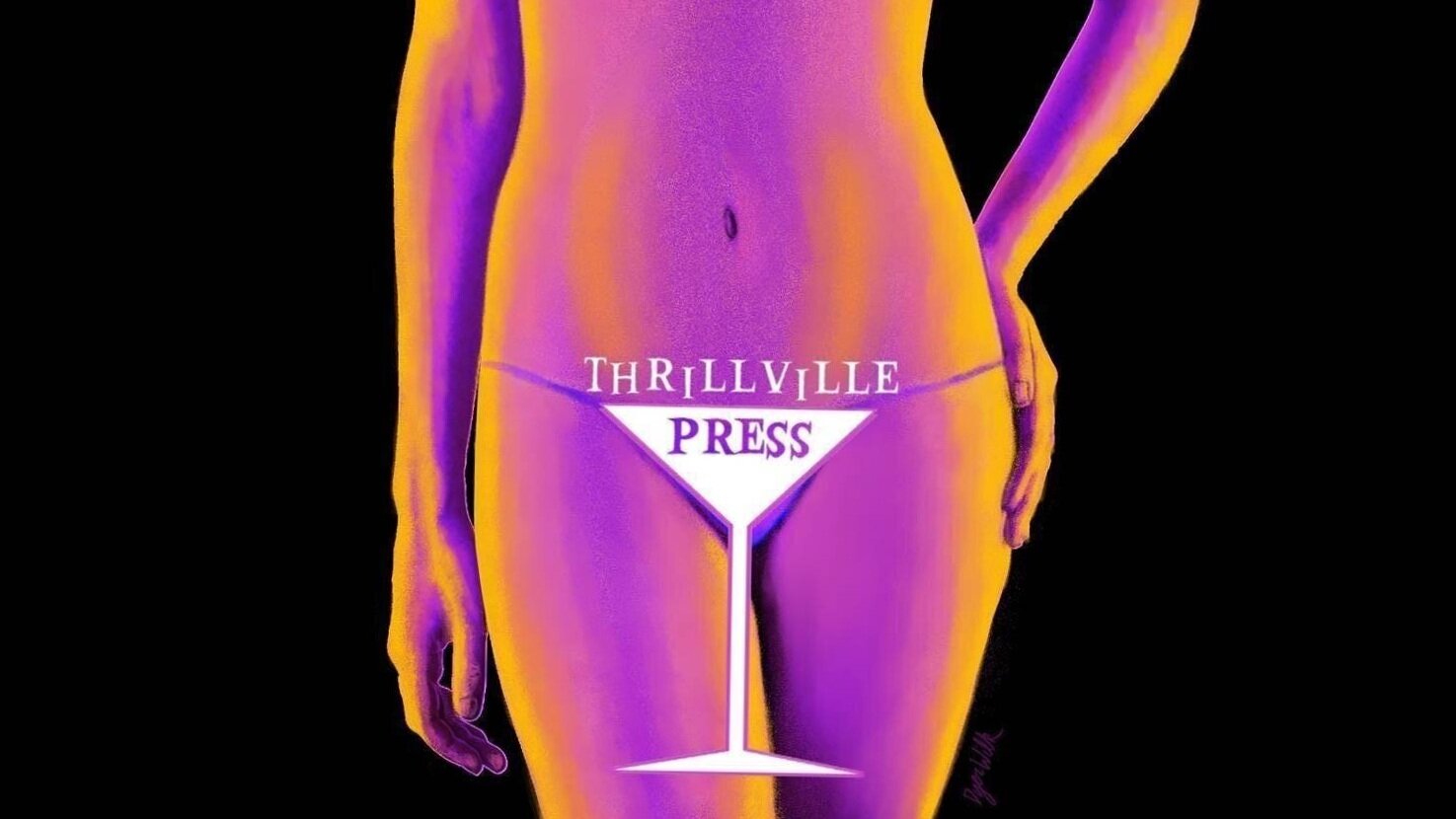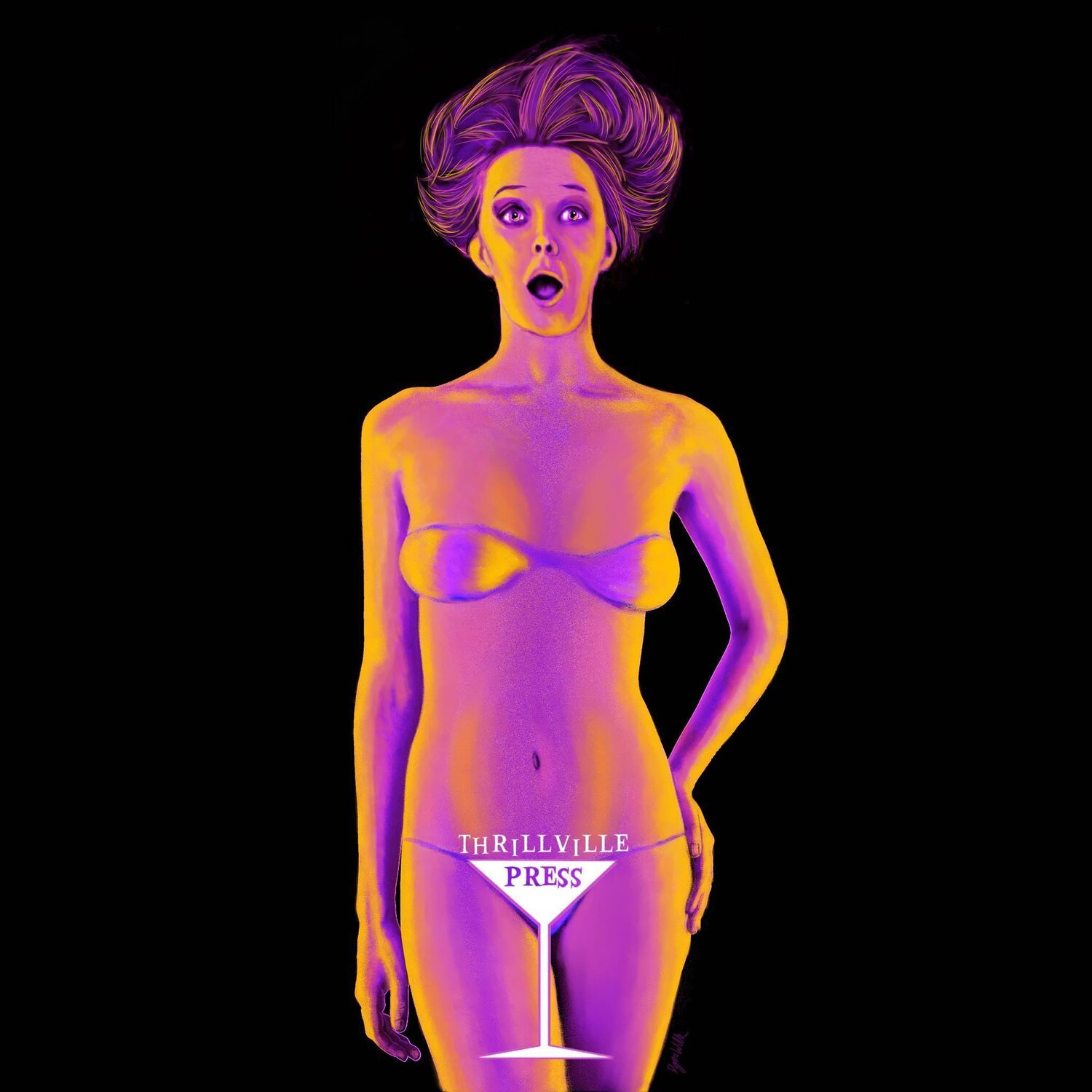KING CREOLE: Elvis Noir

NOTE: Thrillville presents "Elvis's 75th Birthday Party" at Forbidden Island Tiki Lounge in Alameda Friday, January 8, 8PM, with special cocktails, music, movies and prizes, no cover

KING CREOLE: ELVIS NOIR
By Will “the Thrill” Viharo
I’m a fringe member of several different pop subcultures suffering from ongoing, online arguments raging amongst my fellow geeks. Namely – what is truly “Tiki”?; which are better, slow zombies or fast zombies?; and Is It Noir? The fact is, all of these groups fall into one ultimately irrelevant category, rendering these heated internal discussions completely meaningless. To wit: Tiki culture as we know and celebrate it in Hedonistic Hipster America is a bastardization of an authent

With unapologetic fervor, I love film noir, and I love Elvis Presley, two distinct American icons. What do they have in common, except for the fact you know ‘em when you see ‘em, even if you can’t adequately describe their appeal to an outsider? Noir merged and mated with Elvis one time to produce an unsung (as it were) cinematic milestone from 1958: King Creole. This moody, musical classic, made just prior to The King’s induction into the Army, which inalterably affected the trajectory of his career, for better or worse, is as much a noir film as it is an Elvis movie, two popular but disparate genres not typically mentioned in the same article, much less the same sentence. I have no desire to convince noir purists and Elvis-deniers of this obvious truth. That would be like trying to convince Republicans the public option is crucial for health care reform. You’re philosophically biased against the concept and have already made up your minds to vote against it no matter what I say. This isn’t a life or death point I’m trying to make, anyway. Then why even bother to highlight this issue at all? Because, to paraphrase the title of the 1970 Elvis concert film: that’s the way it is.
The noir pedigree of King Creole comes courtesy of Hungarian immigrant Michael Curtiz, who not only directed many celebrated classics including The Adventures of Robin Hood (1938), Casablanca (1942), Yankee Doodle Dandy (942), and White Christmas (1954), but also helmed several legitimately recognized noir masterpieces, such as prototypical gangster saga Angels with Dirty Faces (1938), noir pinnacle Mildred Pierce (1945), The Unsuspected (1947), and one of John Garfield’s best, The Breaking Point (1950). Curtiz’s rich, fluid style is very much evident in King Creole.

Dames, deception, desperation, danger, decadence and even a very noir-specific coma-induced dream montage are mixed to make one steamy, sultry stew, or gumbo, as the case may be. The sizzling jazz-blues-rock soundtrack is practically extraneous to the pulpy proceedings, but it features several of Elvis’s finest movie songs and performances, including Leiber and Stoller’s kick-ass anthem “Trouble,” “Dixieland Rock,” the chart-topping hit “Hard-Headed Woman,” “Crawfish,” “New Orleans” and the pulsating title tune. The richly evocative, chiaroscuro New Orleans location photography is as atmospherically effective here as it was in Elia Kazan’s Panic in the Streets (1950), and the screenplay by Robbins and Herbert Baker often crackles with brutal wit in the best noir tradition. “That’s a pretty piece of material,” Danny says to the haunted, horny hooker as he fondles her one night on the street. “You oughta have a dress made out of it.” Another piece of pulp poetry: one evening when Ronnie is set up to seduce Danny in Maxie’s pad, the smitten lad laments, “Your heart wouldn’t be in it.” “You wouldn’t miss it,” she shoots back cynically. This isn’t terrain typically associated with Elvis – it’s a world removed from the sunny Vegas racetrack and the happy Hawaiian luau. Hoods, hookers, killers, strippers, and stylishly seedy nightclubs occupy this shadowy, shady, neon-lit netherworld. Elvis’s revelatory performance as Danny is brooding, authentic and passionate; his soul-searching quest for rescue and redemption amid temptation and tragedy is truly touching. It’s even more impressive than his raunchy redneck role in the autobiographical (and more accessible) smash hit from the previous year, Jailhouse Rock. This is Elvis, existential style.
Elvis went on to several other notable dramatic roles, including the tortured half-breed Indian in Don Siegel’s excellent Western Flaming Star (1960), and the equally tormented aspiring author in the melodramatic potboiler Wild in the Country (1961), with a typically torrid screenplay by Clifford Odets. But King Creole, even by the entertainer’s own humble estimation, remained 23 year old Elvis Presley’s unprecedented and unduplicated achievement as a “serious” actor. It’s a shame that his thespian talents never reached the same potential as his revolutionary singing career, and Colonel Parker undermined his prize prodigy’s legitimacy by exploiting him as a bankable, bubble-brained beach boy, but hey – that’s noir for you. I rest my case. You’ve been a fantastic audience. TCB and thank you, thank you very much.
This article originally appeared in the Noir City Sentinel



